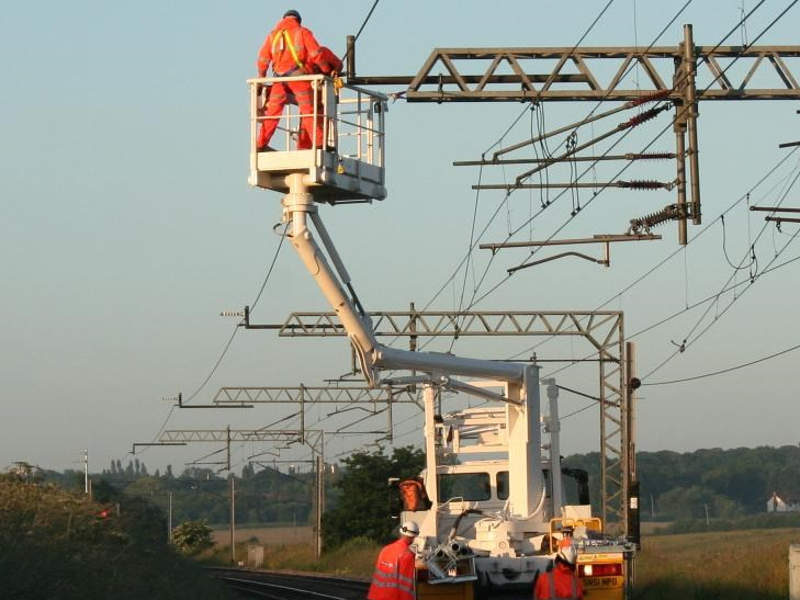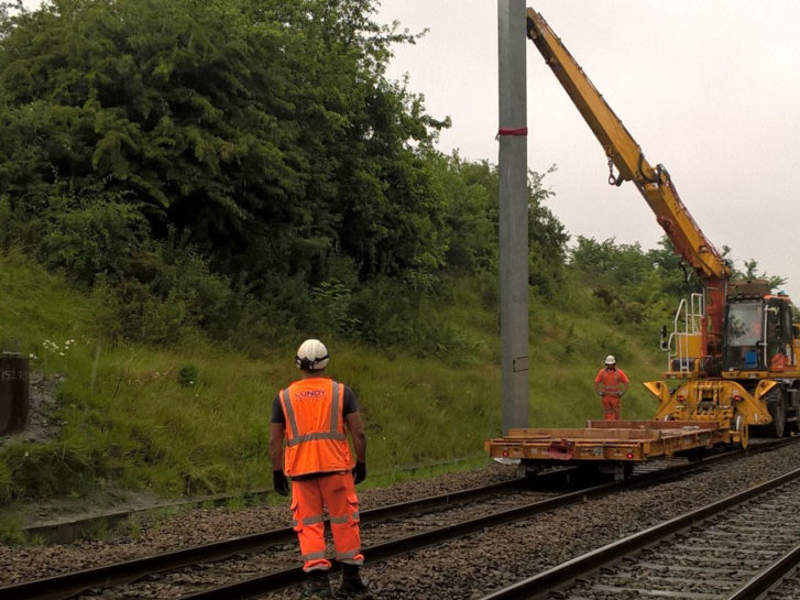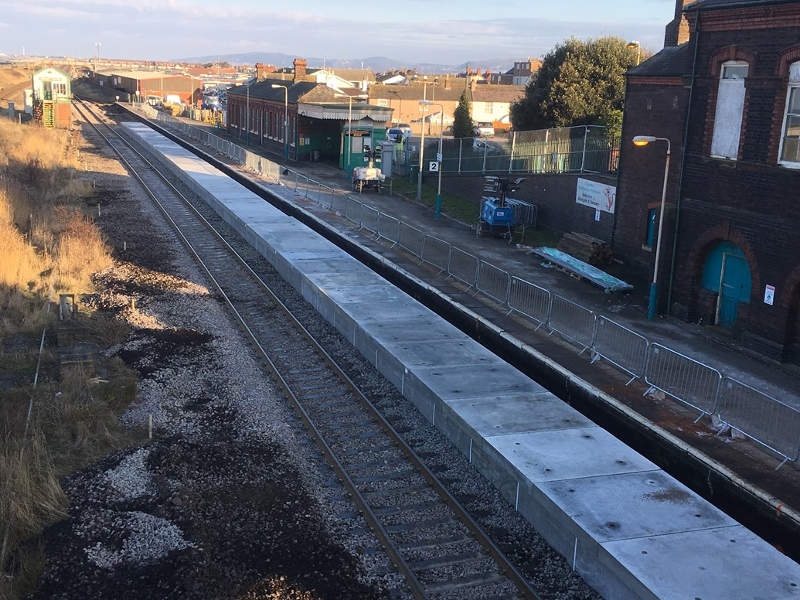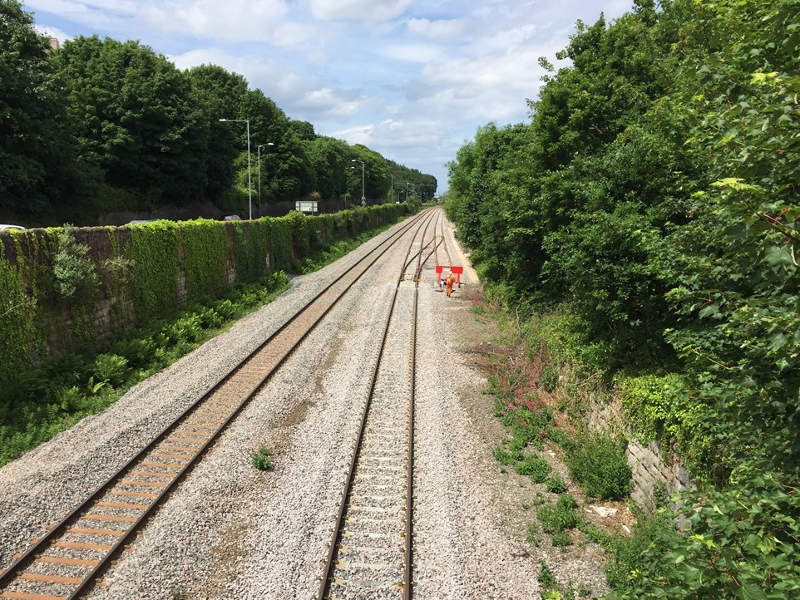The Wales Upgrade project involves a series of targeted upgrades to the railway network across south Wales. Estimated to cost £734m ($1bn), the project is being implemented by Network Rail.
The upgrade project is intended to ensure faster, frequent and reliable train services to enhance passenger experience while stimulating economic growth across Wales.
The project includes renovation of 16 stations, including Newport, Swansea, Cardiff Central, Cardiff Queen Street, Caerphilly, Energlyn and Churchill Park, Ystrad Mynach, Tir-Phil, Ebbw Vale Town station, Abergavenny, Pontypridd, Barry, Bridgend, Llynfi Valley, Talbot, and Neath.
New signalling technology and electrification will also be installed as part of the project.
Details of Wales Upgrade project
Upgrades between Monmouthshire and Cardiff include installation of piles, foundations for the steel masts and gantries, and overhead line equipment. Modification of bridges, station platforms, and canopies is also being carried out.
The mainline between the Severn Tunnel and Swansea was electrified with the installation of new signalling technology in 2010 to provide more capacity, while delivering frequent rail services for commuters.
Signalling technology is controlled by the Wales Railway Operations Centre at Cardiff Central station.
The £300m ($418m) Cardiff and Valleys upgrade included the renovation of station entrances and construction of new platforms. The project commenced in August 2012 and was completed in early-2017.
The Cardiff Area Signalling Renewals (CASR) project was executed in five phases employing 5,500 people. More than 830 wheel sensors, 100 sets of points and 370 new signals were installed across 192 miles. Six new platforms were also built as part of the project.
Station upgrades
The Wales Upgrade project includes the redevelopment of Newport station to provide more space and improved facilities. The Swansea and Cardiff Central stations will have a new platform added to serve more trains.
New platforms and station entrances will be built at the Cardiff Queen Street, Caerphilly and Tir-Phil to provide frequent service. A direct link to Cardiff from Energlyn and Churchill Park will be constructed and a new footbridge at Mynach will be built to improve accessibility.
A new station at the Ebbw Vale Town, a new station footbridge at Abergavenny and Bridgend stations, and a platform at Barry will also be built to provide frequent service and enhanced accessibility.
The Llynfi Valley station will be upgraded to accommodate additional train services between Maesteg and Bridgend. The Talbot and Neath stations will also be renovated as part of the upgrade.
Benefits of Wales Upgrade project
The project will provide more reliable passenger services and electric train services designed to provider faster, more frequent and reliable journeys. The connections between southern England, south Wales, Bristol, Cardiff, Newbury and Oxford will also be improved upon completion of the upgrade.
Electrification of the South Wales Main Line will enhance the customer experience by providing quieter, cleaner, faster, smoother and greener trains. The project will also reduce crowding and congestion across the rail network in Wales. Passengers will also be benefitted with safer level crossings and reduced risk of delays.
Financing
The project is being funded by Network Rail, with support from the Department for Transport (DfT), the Welsh Government, and other private parties.
Network Rail allocated £55m ($77m) for maintenance and an additional £260m ($363m) for renewal of the Wales rail network during 2017-18.
Contractors involved
Atkins was contracted to design, build, and test the signalling systems, while Siemens was preferred to provide telecommunications for the CASR project.
Balfour Beatty was responsible for providing permanent way, track and crossings, while Bam Nuttall was involved in the station enhancements carried out as part of the CASR project.







